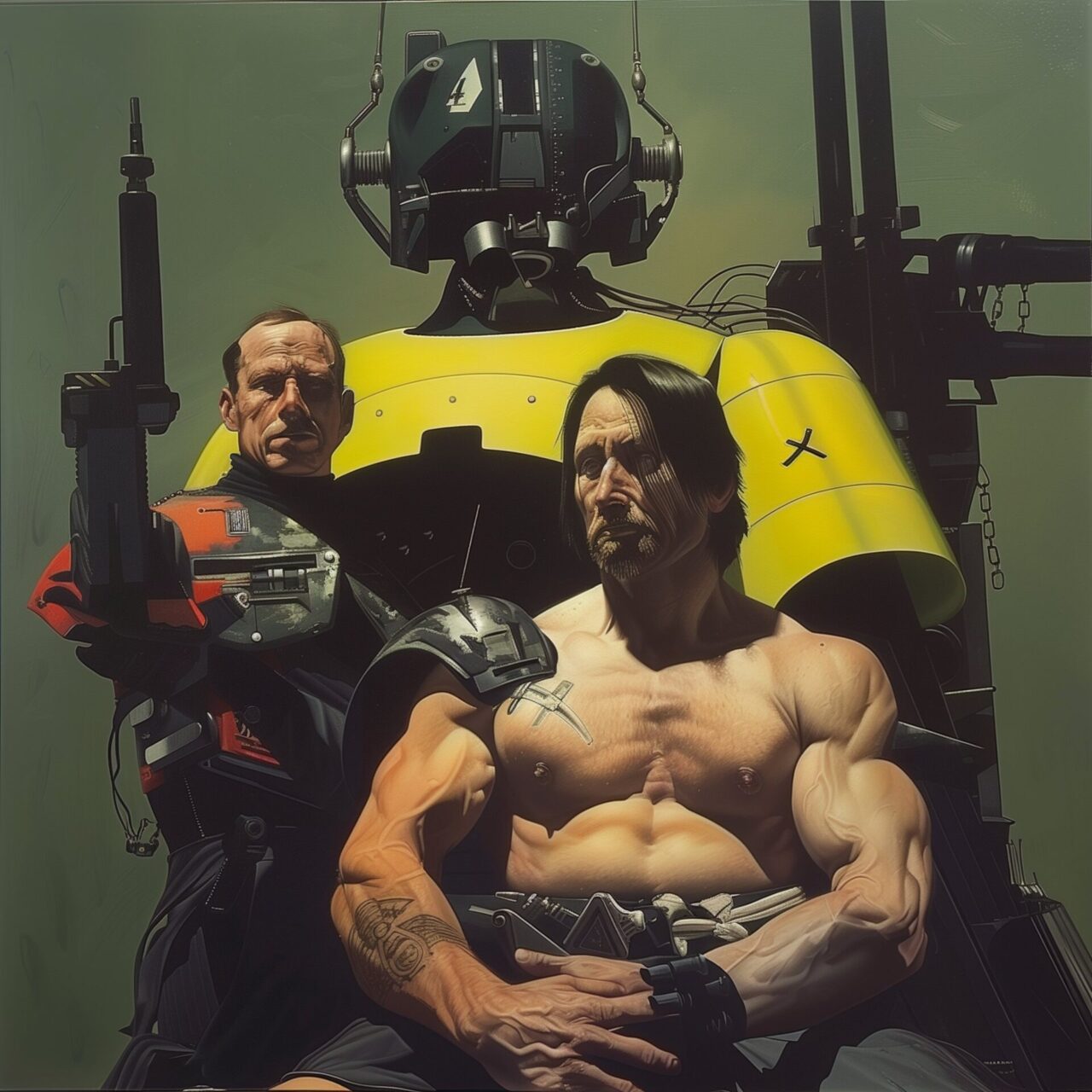
SZENARIO (SCENARIO)
The word “scenario” sounds like the smooth swish of a curtain in the theatre, and indeed it has its roots deep in the dramatic arts. But the term has travelled an astonishingly diverse journey – from the boards that mean the world, to strategic war games, to today’s applications in business and technology assessment. This etymological and conceptual odyssey reveals how a term can change stages and take on new roles again and again.
Origin in the theatre
The word “scenario” comes from the Italian “scenario”, which originally meant “stage set” or “theatre scene”. In the context of the 16th century, it described the written plan of the scenery and sequence of scenes in a theatre play. The term itself is a derivation of “scena”, which in turn comes from Latin and means “stage”. So quite dramatically: the origin of the scenario lies at the heart of the theatre, where it represented the structural blueprint of a performance.
Military strategies
Over time, the word “scenario” found its way into military jargon, where it came to encompass the description of possible future events or conflicts. Military strategists developed “scenarios” for exercises and simulation games to play out potential war situations. This use transformed the term from a purely artistic sketch to a tool for strategic foresight.
Modern economy and technology
Today, the term “scenario” is used in a variety of contexts that go far beyond its original boundaries. In business and politics, it refers to detailed forecasts and planning based on various assumptions in order to better assess the impact of future developments. “Scenario planning” is a method that companies and organisations can use to prepare for different possible futures – a technique that is particularly valuable in times of high uncertainty.
In pop culture and beyond
In modern pop culture and literature, “scenario” is often synonymous with the setting or premise of a story, especially in genres such as science fiction and fantasy, where complex worlds and visions of the future are created. Here, scenarios not only provide a narrative backdrop, but are often crucial to the themes and questions a story seeks to explore.
Ironic twists
Ironically, the word “scenario” can also evoke a certain wink in everyday language. In an age dominated by reality TV and social media, “setting up a scenario” can sometimes mean artificially creating or dramatising a situation – in keeping with its theatrical roots.
Scenario as a cultural chameleon
From the dramatic stages of Italy to strategic war games to the boardrooms of global economic powers, “scenario” has undergone a remarkable evolution. The term is a testament to the dynamic nature of language and the ability of concepts to adapt to new contexts, constantly finding new and relevant meanings. In the world of words, the “scenario” itself is a leading actor on the stage of cultural evolution.


